WHEELER ARMY AIRFIELD, Hawaii - Amidst the joy of reuniting with loved ones, the unique needs of Soldiers returning from war, and their families, can be overlooked. This has not been the case for the 25th Combat Aviation Brigade (CAB).
Leadership with the 25th CAB prioritized the needs of its Soldiers and their families upon the brigade's return from Iraq earlier this summer with a robust Soldier Reset and Reintegration Program targeting physical, emotional, spiritual, family and social dynamics with activities and events from Schofield Barracks to Kaneohe Bay.
According to Capt. Joaquin Dequintanaroo, brigade adjutant, 25th CAB, in addition to extended and immediate physical training upon redeployment, CAB Soldiers also have the opportunity to participate in the Warrior Adventure Quest program.
This recreational program features paintball, team-building events and several ocean-based activities, but also integrates behavioral health specialists. Additionally, on two separate occasions, during the reverse Soldier Readiness Program and again 60 to 90 days post deployment, every CAB Soldier meets individually with a behavioral health consultant.
A series of spiritually-based "Strong Bonds" retreats for both married and single Soldiers were hosted in various locations throughout Oahu. Military Family Life Consultants were assigned to Soldiers and their families. CAB battalions and their respective companies hosted formal, semi-formal and casual "Organizational Days," "Welcome Home" events, and "Hails and Farewells" to welcome new Soldiers and properly recognize departing personnel.
In addition, more than 300 CAB Soldiers and their families participated in a comprehensive Permanent Change of Station (PCS) Expo designed to better prepare them for the unique challenges of PCS requirements in Hawaii. Finally, the CAB sponsored 17 iterations of the Returning Warrior Program (RWP). During the RWP, Soldiers received information from financial, behavioral health and reintegration subject matter experts, areas of focus where redeploying Soldiers and their families often have the most difficulties.
The CAB's program is just now nearing completion. But the planning and design for it began with a combined effort between 25th CAB's rear detachment and the deployed staff several months before its first Soldier left Iraq for home.
According to Maj. Rick Onderko, 25th CAB Rear-Detachment commander, and now executive officer, 2nd Battalion, 25th Aviation Regiment, 25th CAB, conducting a comprehensive and deliberate personnel reintegration and reset was paramount.
"With our nation conducting sustained combat operations for the past nine years, our all-volunteer force and their families have been faced with a lifestyle that has required multiple separations," said Onderko. "The potential exists for there to be friction. Therefore, it was imperative that we do what we can to minimize this potential and assist our Soldiers and families through the process of reintegration."
Onderko further explained that the process of reintegration required a "total Soldier and family" focus.
"Combat operations can affect a person in many ways. In order to effectively reintegrate and reset, our approach [needed to be] comprehensive, which meant that it also needed to include family members. [To ignore families,] misses a very important part of our Soldier's lives."
Ms. Sandra Crocker, mobilization and deployment specialist, Army Community Service, U.S. Army Garrison-Hawaii, and her colleagues spearheaded the RWP element for the CAB. Crocker stressed the importance of timing the RWP after the joy of returning from deployment has abated.
"When Soldiers first get home they're on a high. Allowing them time for block leave allows Soldiers and families to settle into life which is when issues are often easier to identify," said Crocker. "Once they settle-in, it becomes more difficult to explain- away symptoms like, 'I am still having nightmares,' or 'I am still not sleeping well," or 'I still have a short temper.' Our goal is to help address those very real problems and we do it in a variety of ways, to include using reintegration specialists like Genie Joseph."
Genie Joseph, M.A., is an Adjunct Professor at Chaminade University in Honolulu where she teaches Media, Communication, Inter-Cultural Communication, Acting and Improvisational Comedy. She is also the chief executive officer of Hawaii Movie Studios and creator of the Act Resilient Training Program. The Act Resilient Training Program uses improvisational comedy to decrease stress responses and restore resilience.
"Teaching at Chaminade gave me the opportunity to work with the military population. After [September 11th] I began to notice that some of my students returning from multiple deployments were exhibiting very dramatic changes in who they were. I was concerned and wanted to do something to help," said Joseph.
What Joseph did, among other things, was tailor her six to ten week Act Resilient Training Program to a half-day seminar for Soldiers called "Act Resilient."
"Trauma is like having an out of control storm in the brain. But we can heal from trauma once we understand the mechanism of harm and implement the right mechanism of healing. I have many techniques that teach Soldiers how to calm their own inner storm. Sometimes laughter is just the best medicine and we do a lot of it in my full Act Resilient program. I teach Soldiers how to regain control of their own brains," said Joseph.
"I want to inspire Soldiers to understand that resilience is like a container that can be empty or full. Prolonged stress can lower your resilience. But there are many things that you can do that can raise resilience, and many of these skills are within our control," she continued. "When we are traumatized, we get split off from parts of ourselves which causes the brain to not function optimally. This causes attention, memory, emotional and behavioral problems, among other things because we are literally not running our own brains, and so we are not ourselves. So, if I could recommend one thing, I would remind Soldiers to get and stay connected to the people, places and things they love. It's just like looking out for your battle buddy. That profound experience of connection helps restore order in the brain. Love unwinds chaos. It is what helps us weather the storms of life. It has the power to return you to your peace of mind."
For more information, contact Genie@GenieJoseph.com, www.Act-Resilient.org
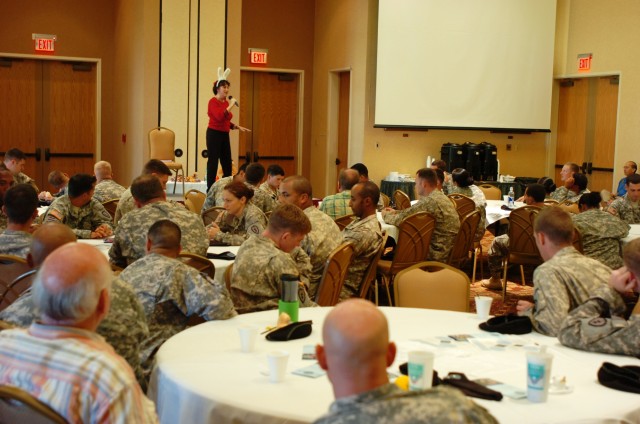
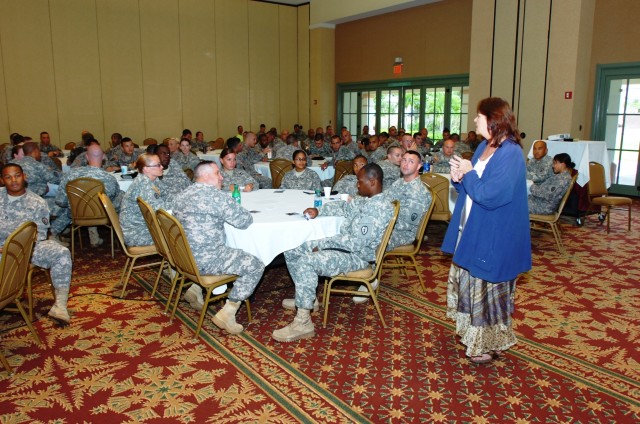
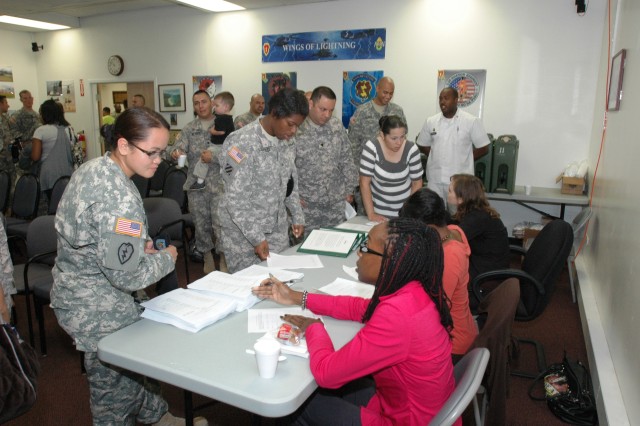
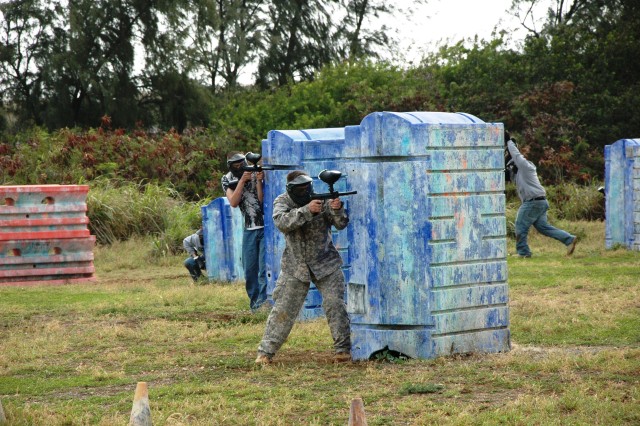
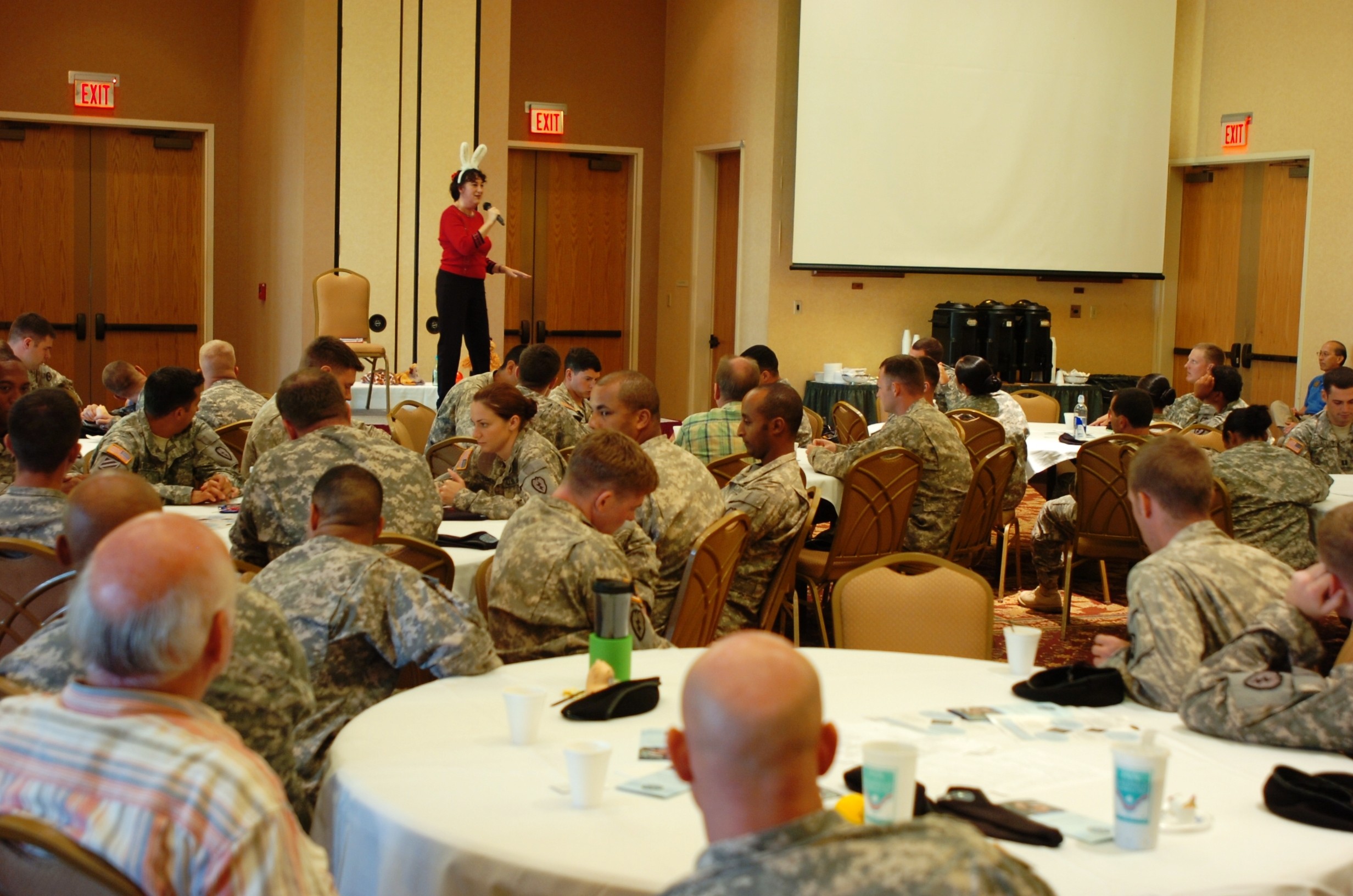
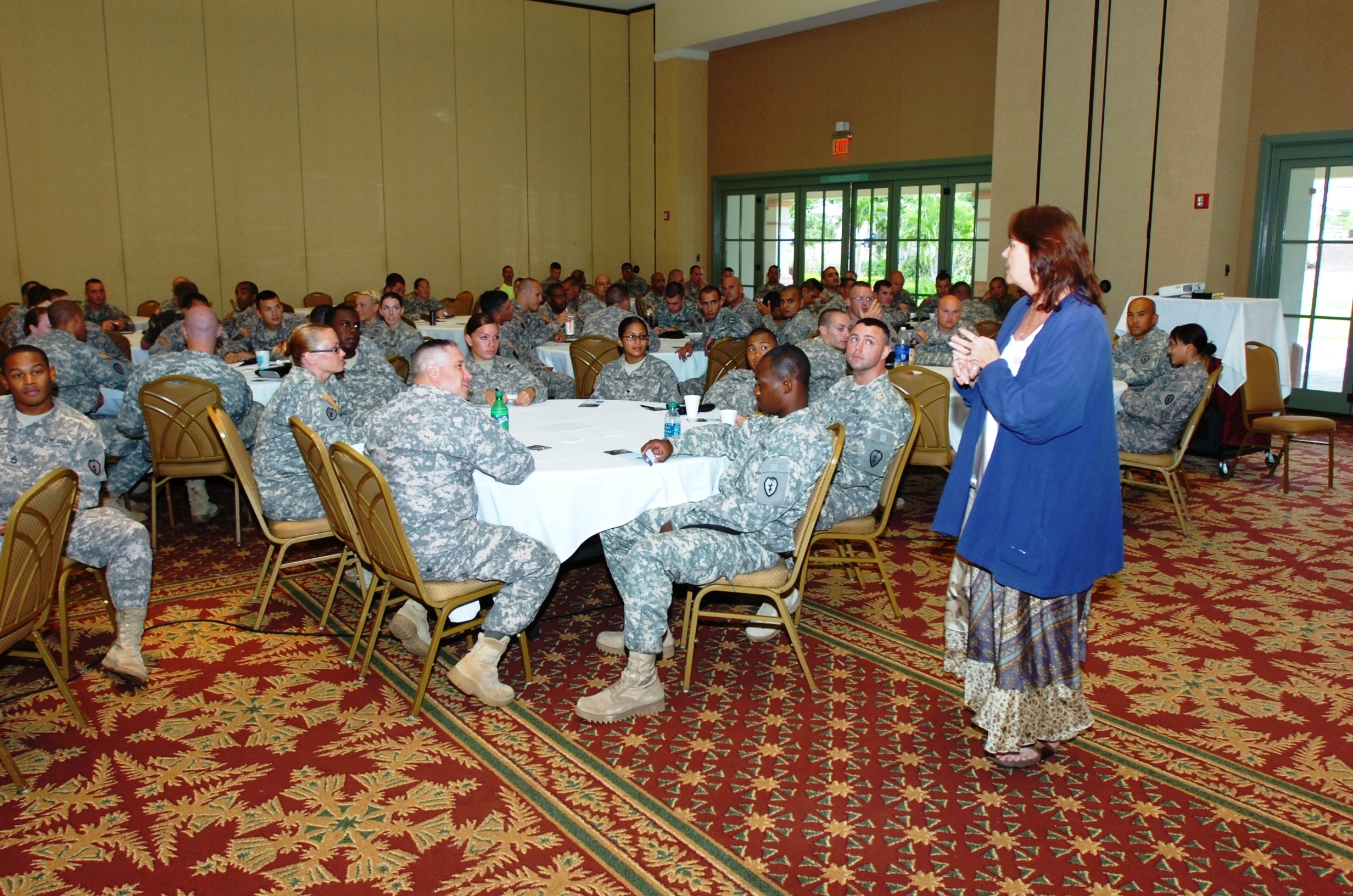
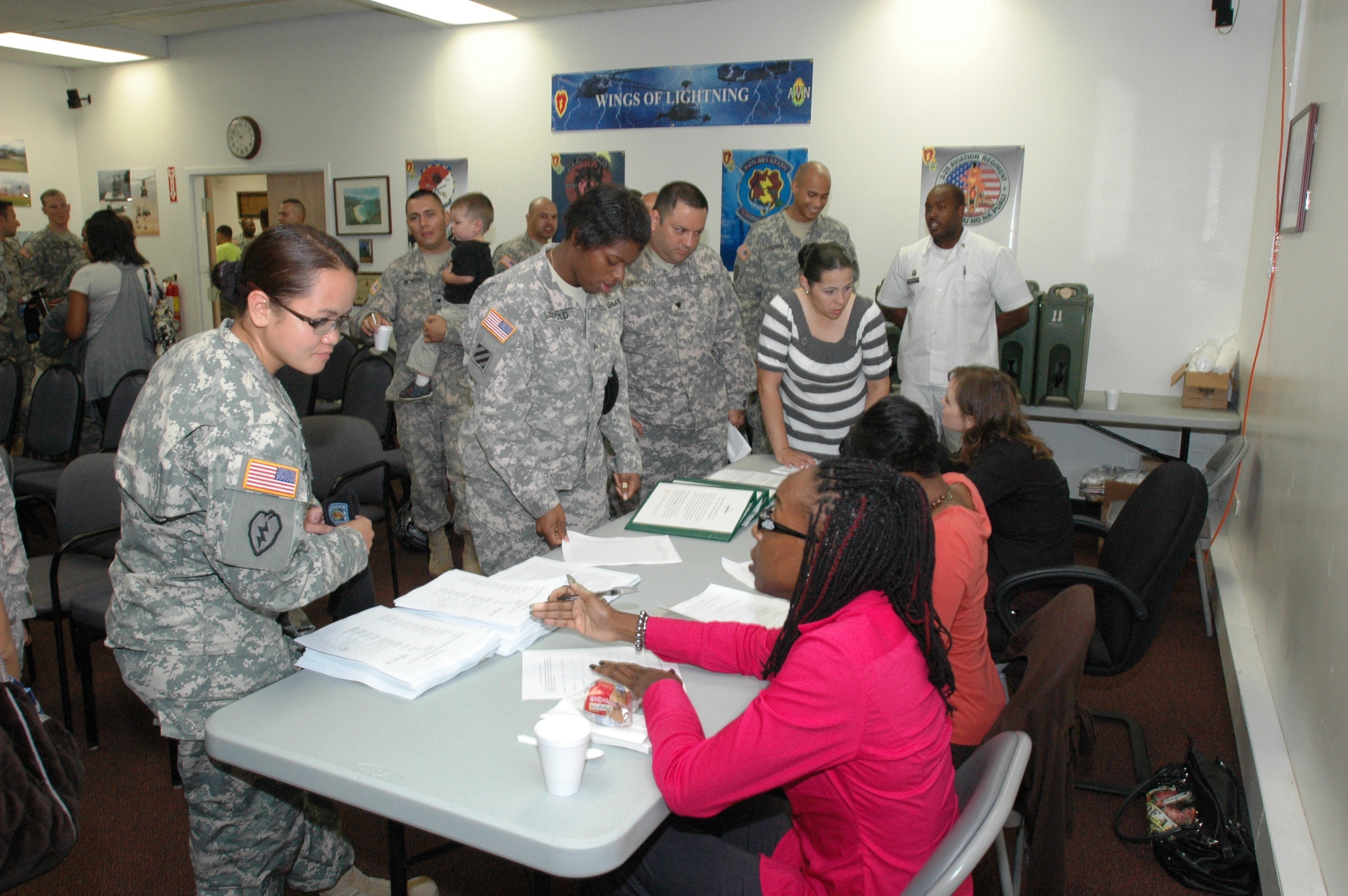
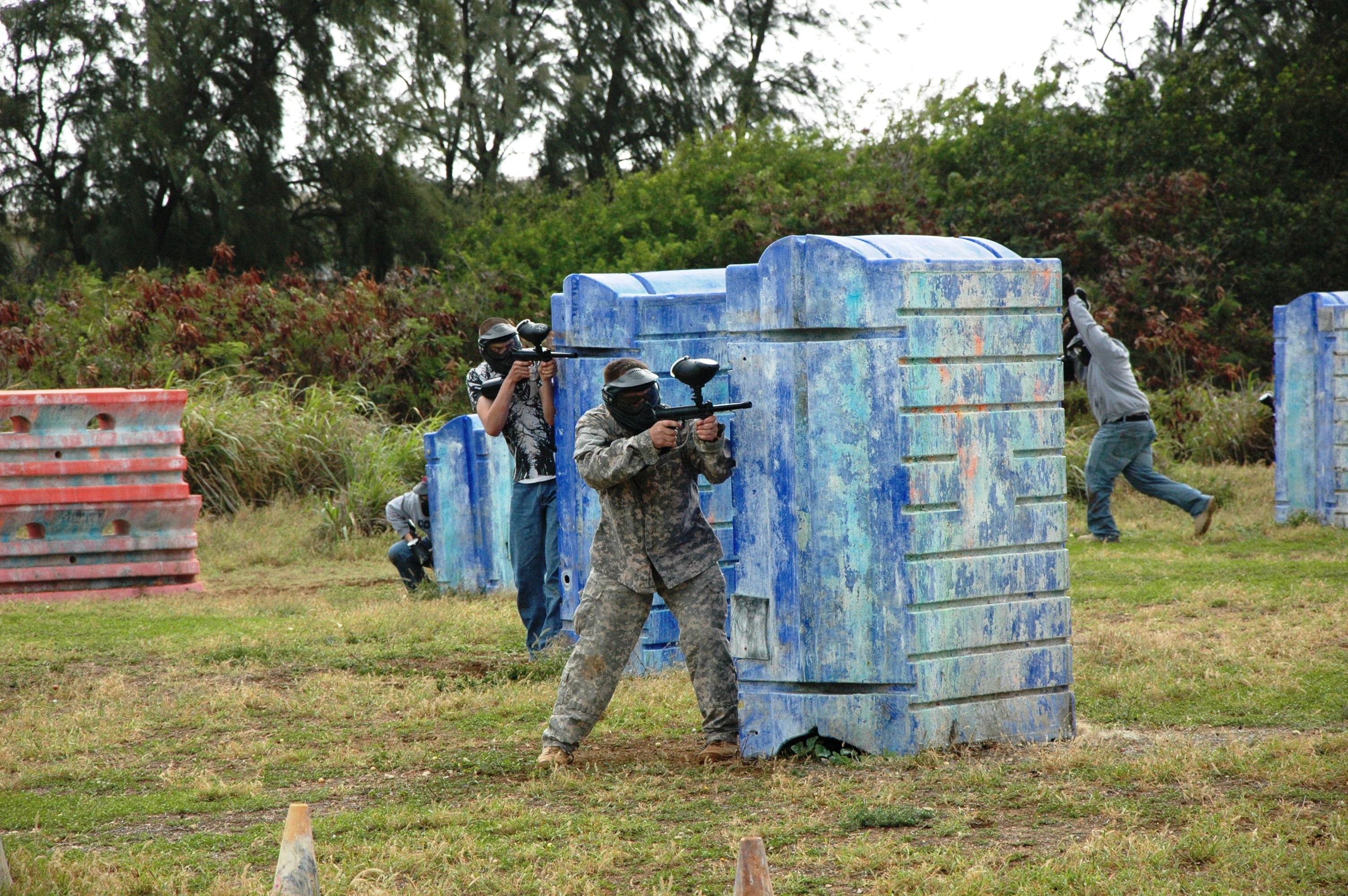
Social Sharing